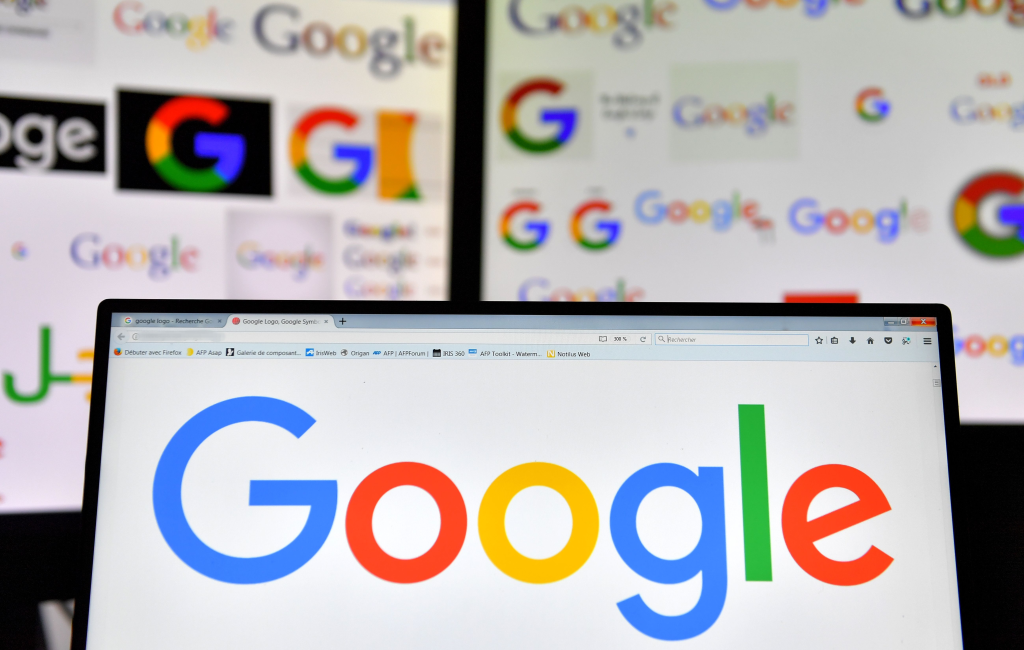
Introduction
In a significant development, the European Union (EU) has recently taken action against Google, accusing the tech giant of abusing its dominance in the ad tech industry. The charges brought forward by the EU highlight concerns over Google’s alleged anti-competitive practices and its negative impact on fair competition within the digital advertising market. This article delves into the details of the case and explores the potential consequences for Google and the wider industry.
Understanding the Charges
The European Commission, the executive arm of the EU, has formally charged Google with engaging in anti-competitive behavior related to its ad tech operations. Ad tech refers to the various technologies and platforms that facilitate the buying and selling of digital advertising space. Google, being a major player in this industry, is accused of employing unfair practices to maintain and strengthen its dominant position.
Anti-Competitive Practices Alleged
The charges against Google revolve around two primary allegations: favoring its own online display advertising technology services and hindering competition by limiting access to user data. These practices, if proven, could grant Google an unfair advantage over its competitors, stifling innovation and harming the overall ad tech ecosystem.
Favoring Google’s Display Advertising Technology
One of the key accusations is that Google has unfairly promoted its own display advertising technology services. This alleged preference for its own services could limit the opportunities for other ad tech providers to compete on a level playing field. By leveraging its dominant position as a search engine and ad platform, Google may have disadvantaged its rivals, potentially hindering their growth and market share.
Restricting Access to User Data
Another aspect of the charges revolves around Google’s control over user data. The EU alleges that Google has imposed contractual restrictions on publishers, preventing them from utilizing data with rival advertising platforms. This limitation denies competing platforms access to valuable user insights and hampers their ability to offer targeted advertising solutions. Such restrictions are deemed detrimental to fair competition and may reinforce Google’s already strong market position.
Potential Consequences for Google
If found guilty, Google could face severe consequences. The European Commission has the authority to impose fines of up to 10% of a company’s global revenue for breaching EU competition rules. In addition to financial penalties, Google may be required to change its business practices and offer fairer conditions to competitors. This could involve opening up access to user data and ensuring equal treatment for rival ad tech providers.
Impact on the Ad Tech Industry
The outcome of this case has the potential to reshape the ad tech industry significantly. If Google is found to have abused its dominant position, it could lead to increased scrutiny of other tech giants and their practices within the digital advertising market. Stricter regulations and enforcement actions may follow, aiming to foster fair competition and provide a level playing field for all participants.

Conclusion
The charges brought by the EU against Google for allegedly abusing its ad tech dominance underscore the growing concerns over anti-competitive practices within the digital advertising market. The outcomes of this case will be closely watched by industry players, regulatory bodies, and advertisers alike. The implications are far-reaching, as they may shape the future of ad tech competition and impact the broader digital ecosystem. As the investigation unfolds, it remains to be seen how Google will respond and what consequences it will face if the charges are upheld.





